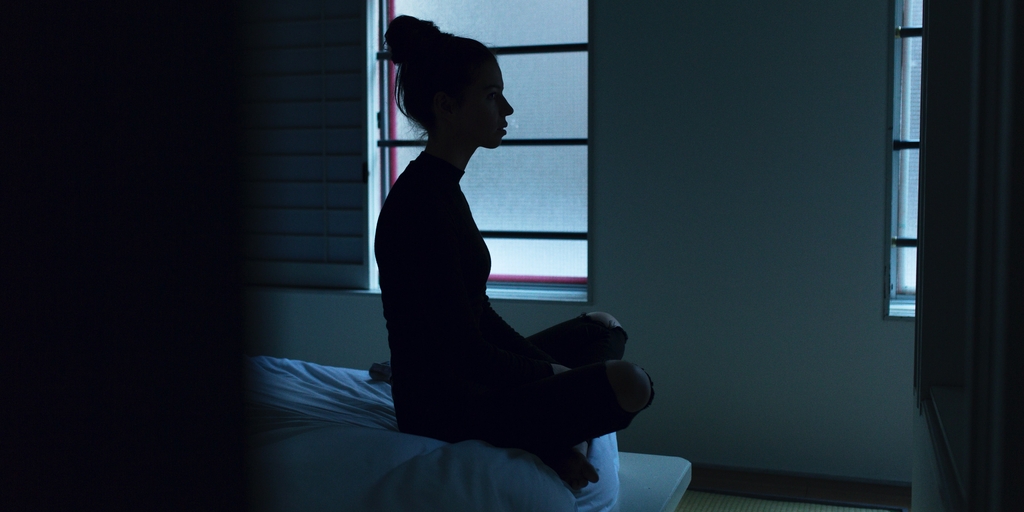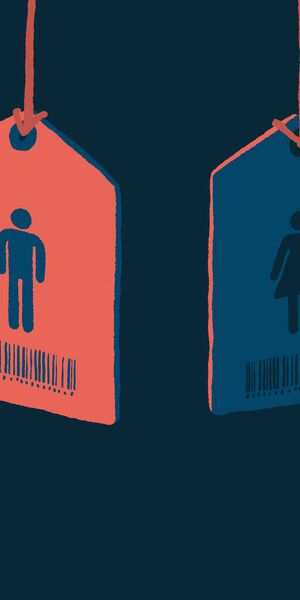The Statutory Defence for victims of human trafficking- how does it work?
Human Trafficking
What is the statutory defence and why was it introduced?
The Human Trafficking and Exploitation Act (Northern Ireland) 2015 became law in 2015 with the aim of improving the legal framework within Northern Ireland around human trafficking, targeting issues such as “The prosecution to traffickers..., the provision of improved support for victims and tackling the demand for the services of trafficked victims.”[1]
Section 22 aimed to provide a statutory defence for victims of trafficking or slavery when they were compelled to commit certain crimes. This received backing from many different organisations, including CARE NI which stated that it would be, “A better approach in light of the fact that some individuals… have been charged with offences that they were forced to commit due to their trafficked status.[2]”
Other supporters of the bill included International Justice Mission and Women’s Aid Federation NI. The proposer of the Human Trafficking and Exploitation Bill Lord Morrow MLA put forward the statutory defence with the support of the Justice Minister David Ford, citing concerns raised by NGOs, such as the Anti-Trafficking Monitoring Group, about the prosecution of certain victims. After several hours of deliberation, the provision introducing the statutory defence was unanimously passed with the support of all political parties in Northern Ireland.
So how does the statutory defence actually work?
Section 22 of the Act states that victims of slavery or human trafficking have a defence against being convicted of certain crimes if the victims were compelled to commit the crime due to their exploitation or enslavement. Section 22 also outlines the circumstances in which the motive to commit the crime in question is connected or a result of actions which can be defined as slavery, servitude, forced or compulsory labour or human trafficking. Separate provision is made for victims who are or were children at the time of the offence. This statutory defence applies to crimes which warrant maximum sentences of less than five years, as well as certain offences pertaining to drugs, immigration and forgery and counterfeiting. In practice, where a person argues that they are eligible to use this defence the Public Prosecution Service may decide not to bring a prosecution at all.
Successes of Statutory Defence
In recent weeks, the first successful use of the statutory defence in court was recorded in NI. On Friday 14 June, a Vietnamese man living in Co. Tyrone, who was accused of cultivating and possessing cannabis, with the intent to supply, was cleared of all charges against him. He relied on the statutory defence stating that he had only committed said offences due to his trafficked status.
The Home Office had previously ruled that the victim, Hung Van Nguyen, was not a victim of trafficking. However, this ruling was overturned by the jury’s unanimous not guilty verdict, which even the judge publicly supported. Mr. Nguyen stated that, even though he could come and go, his ‘recruiter’, “had my mother in Vietnam.” He went on to explain that the ‘recruiter’ operated in Vietnamese villages, and used victims’ families to control them. This was the first case in Northern Ireland in which the statutory defence was used successfully in court.[3]
Concerns Raised About Statutory Defence
Although widely supported in Northern Ireland, concerns about statutory defence have been raised. Some voices in the news media and amongst statutory agencies have raised concerns that statutory defence could be abused. Reports from England[4] show that there have been cases where people seek to abuse the measures put in place to assist victims of trafficking and/or slavery to escape charges and prison sentences. In these cases, the offenders claimed to be victims of trafficking and, in some cases, to be children. They then entered the National Referral Mechanism and received accommodation and support from the Salvation Army, as part of a government contract, or in the case of those claiming to be children under local authority care services.
These individuals, who were not in fact trafficked, avoided prosecution (at least initially) through citing the defence. This has, understandably, raised many concerns about the same happening in Northern Ireland and that under Section 22, criminals who claim to be victims of trafficking or slavery, who are not, will walk free from trial. It is important to say that there is no publicly available evidence of a similar abuse of the statutory defence taking place in NI up to now. Moreover, it is also reported that in many cases in Great Britain, where the statutory defence would apply, victims of human trafficking or slavery are not able to access it and are faced with prosecution, and in a few occasions, are imprisoned.[5] There is concern, therefore, that the people for which this statutory defence was created, cannot and are not benefitting from it.
Conclusion
The Human Trafficking and Exploitation Act (Northern Ireland) 2015 and, within it, Section 22 were designed to provide additional support to victims of the crimes of slavery, exploitation and trafficking. However, as has become evident, there is a risk of abuse about the statutory defence. I believe that these measures are a great step towards helping those who have been trafficked- the case of Mr. Van Nguyen in Northern Ireland illustrates how the defence can act as a shield for victims of trafficking.
However, careful thought needs to be given to ensure the defence is not abused. It may be that certain safeguards or measures need to be considered to prevent abuse of the system.
Josh is on work experience with CARE NI and is heading in to Upper Sixth at a school here in Northern Ireland.





Share story
The Statutory Defence for victims of human trafficking- how does it work?